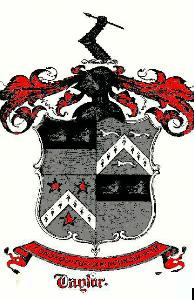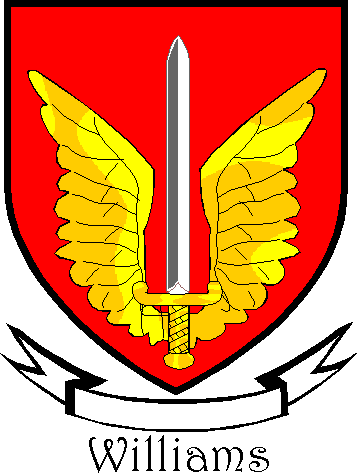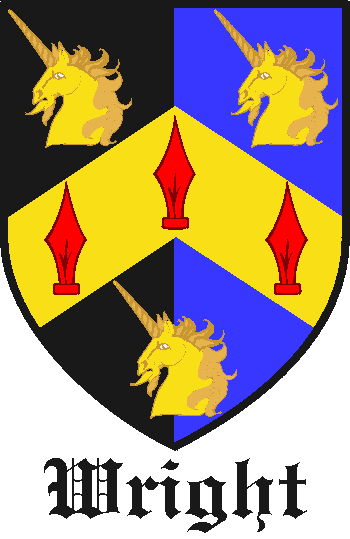Locality : British. "Of the border /shore / hill / ridge". Or nickname "the pale person".
O-Z
ORR
Locality : British. "Of the border /shore / hill / ridge". Or nickname "the pale person".
PALMER
Occupational : "The Palmer". A pilgrim to the Holy Land, a common entry in the Hundred Rolls.
" The faded palm branch in his hand
Showed pilgrim from the Holy Land." Scott.
Early example of this name; Alice Le Palmer, Co Camb. 1237 A
PRATT
PRATT, PRITT : Nickname, Old English. praett "a trick, a strategem", nickname for a cunning or astute individual. Old English byname 11th century.
RODRIGUEZ
Patronmyic : Spanish, meaning "son of Rodrigo". The English version of the name"Rogier" was introduced into England by followers of William the Conqueror. Modern form is "Roger".
de SILVA
Locality : Portuguesse, Spanish. From the latin Silva, "forest dweller".
STEWART
STEWART, STEWARD, STEUART, STUART: Occupational, Old English, sti-weard, stigweard " steward": (1) " steward (seneschal ) of a manor or castle". (2) " controller of a large household". (3) " manager of a landed estate". The Royal House of Stuart dates from the accession of Robert the Steward as Robert the 2nd of Scotland. 12th century.
1.
. 2
1 Oldest known Arms . 2 Arms of the Earl Of Blessington
TAYLOR
Tayler, Tailer, Tailor. Occupational: A maker of clothes. A very common name. The Hundred Rolls are full of instances. Only Smith, Jones and Williams are more numerous. Old French: "tailluer".

2. Taylor of Meath
WILLIAMS
Williamson, Willyams, William. Baptismal: "son of William". Along with John - Johnson these names has been popular for nearly eight centuries. It is believed by some to be a Normanised name of Germanic Origins. French: "Descendant of Gauillemin" a pet form of Gauillaume, French form of William.

WRIGHT
Occupational : English. Craftsman or Builder.

Irish Arms
WYLIE
Wylie, Willie, Willey, Wiley. (1) Locality "of Willey" parishes in the diocese of Hereford and Worcester; (2) "of Wylye" or Wyly, a parish in the diocese of Salisbury, co. Wiltshire. ie Richard de Wileye, co. Cambridge, 1273. Hundred Rolls.
YOUNG
Nickname: Old English, geong" young" " youthful, vigerous", sometimes used to distinguish the junior from the senior in a family. 12th century.